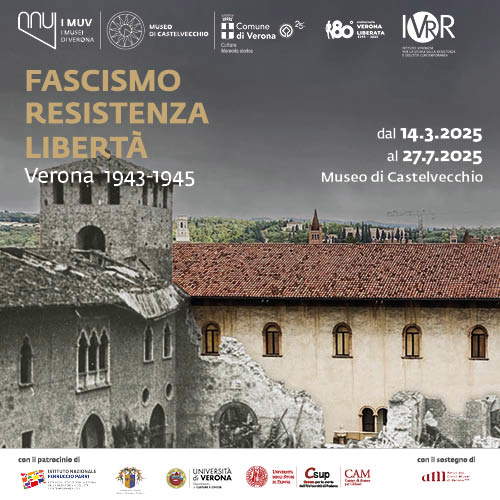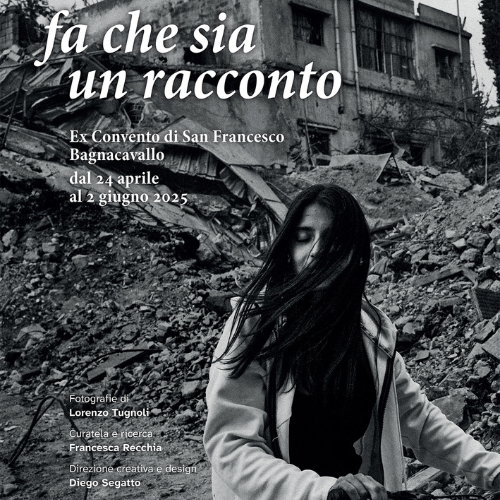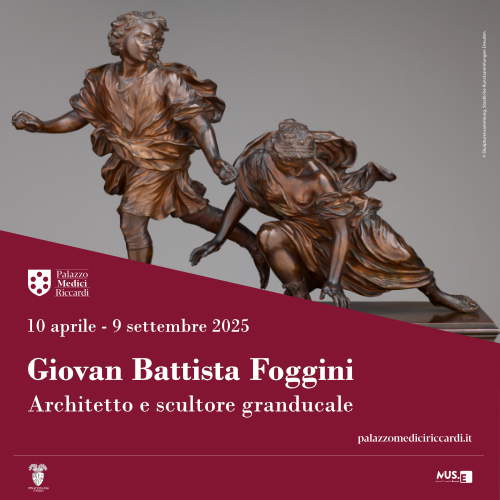Who is Federico Giannini
Federico Giannini è giornalista, direttore responsabile di Finestre sull'Arte. Nato a Massa nel 1986, si è laureato nel 2010 in Informatica Umanistica all’Università di Pisa. Nel 2009 ha iniziato a lavorare nel settore della comunicazione su web, con particolare riferimento alla comunicazione per i beni culturali. Iscritto all’Ordine Nazionale dei Giornalisti dal 2017, specializzato in arte e storia dell’arte. Nel 2017 ha fondato con Ilaria Baratta la rivista Finestre sull’Arte, iscritta al registro della stampa del Tribunale di Massa dal giugno 2017. Dalla fondazione è direttore responsabile della rivista. Collabora e ha collaborato con diverse riviste, tra cui Art e Dossier e Left. Al suo attivo anche docenze in materia di giornalismo culturale (presso Università di Genova e Ordine dei Giornalisti). Per la televisione è stato autore del documentario Le mani dell’arte (Rai 5) ed è stato tra i presentatori del programma Dorian – L’arte non invecchia (Rai 5). Partecipa regolarmente come relatore e moderatore su temi di arte e cultura a numerosi convegni (tra gli altri: Lu.Bec. Lucca Beni Culturali, Ro.Me Exhibition, Con-Vivere Festival, TTG Travel Experience).
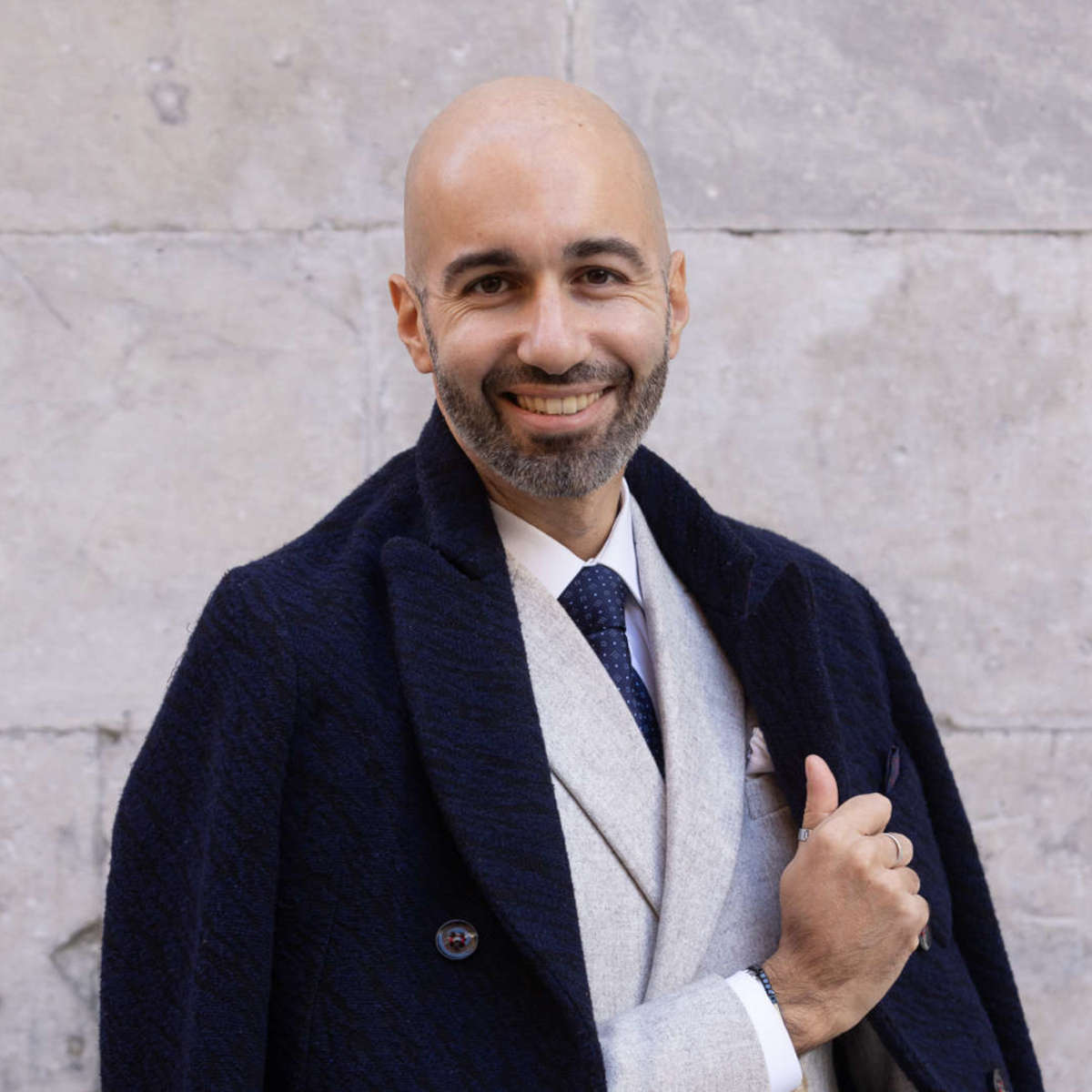
All the articles by Federico Giannini on Finestre sull'Arte
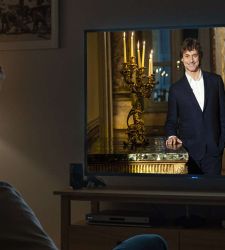
If popularization becomes homologation (and why the public attacks those who criticize Angela, Prati & co.)
Why is the public so prone to attack critics who oppose the trivialization of culture? Why should phenomena such as Alberto Angela or Edoardo Prati be considered unassailable? Why is it that those who insist on the superficiality, homogenization, and...Read more...
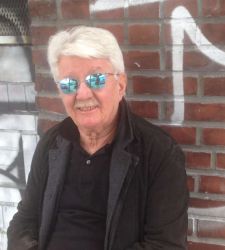
"In Italy today there are many good artists, but the champion is missing." Giordano Raffaelli speaks
Studio d'Arte Raffaelli, a historic contemporary art gallery in Trento, recently turned 40 years old: it was founded in 1984 by Giordano Raffaelli, who still leads the gallery that has become over time an important point of reference for art lovers, ...Read more...
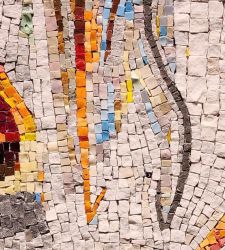
When contemporary mosaic is a hymn to life. The art of Enzo Tinarelli
To see Enzo Tinarelli's mosaics it is necessary to see his painting; to see his painting it is necessary to get lost in the midst of his mosaics; to grasp the soul of his art, it may be useful to review a contribution that, it was the early 2000s, Va...Read more...
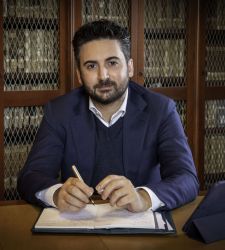
What good is a museum if it is not a "qualified cultural mediator"? Roberto Ferrari (Museo Galileo) speaks
Florence's Museo Galileo, founded on May 7, 1925, as the Institute of the History of Science, is 100 years old this year, and several initiatives are planned to mark the centennial. We took the opportunity to speak with director Roberto Ferrari (Taor...Read more...
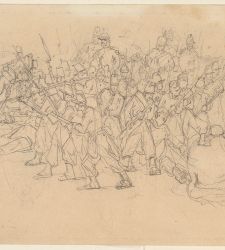
How Giovanni Fattori drew: the sheets from the Central Institute for Graphics in Rome
Giovanni Fattori's drawing, wrote Barna Occhini in 1940, in an article in Frontispiece, "is the most expressive that can be given, but the most reluctant to express itself in words." Occhini, in fact, immediately disregarded his catch-phrase, since h...Read more...
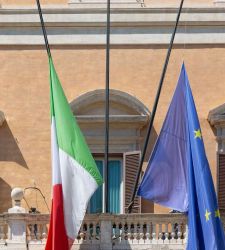
National mourning for the pope, but where is the cultural disaster? Almost everywhere is business as usual
Meanwhile, what does the dpcm that decreed the five days of national mourning provide (totally unprecedented: in recent history, there had been no national mourning until John XXIII, then one day for Paul VI and John Paul I, and three days for John P...Read more...

The rediscovered 15th-century fresco and the latest news from the Palazzo Nardini construction site in Rome
Serendipity, the British would say. It is the word they use to refer to those totally unexpected discoveries, exceeding expectations, that come when you were looking for something else. It is more than a fortuitous finding: it is a surprising outcome...Read more...

Milan rediscovers Andrea Solario. This is what the beautiful exhibition at the Poldi Pezzoli Museum looks like.
One work alone, the Poldi Pezzoli'sEcce Homo , would be enough to understand what kind of artist Andrea Solari was. All it would take is that Christ so ideal and so deeply human, somewhere between Antonello and Leonardo, between the lenticular exacti...Read more...




